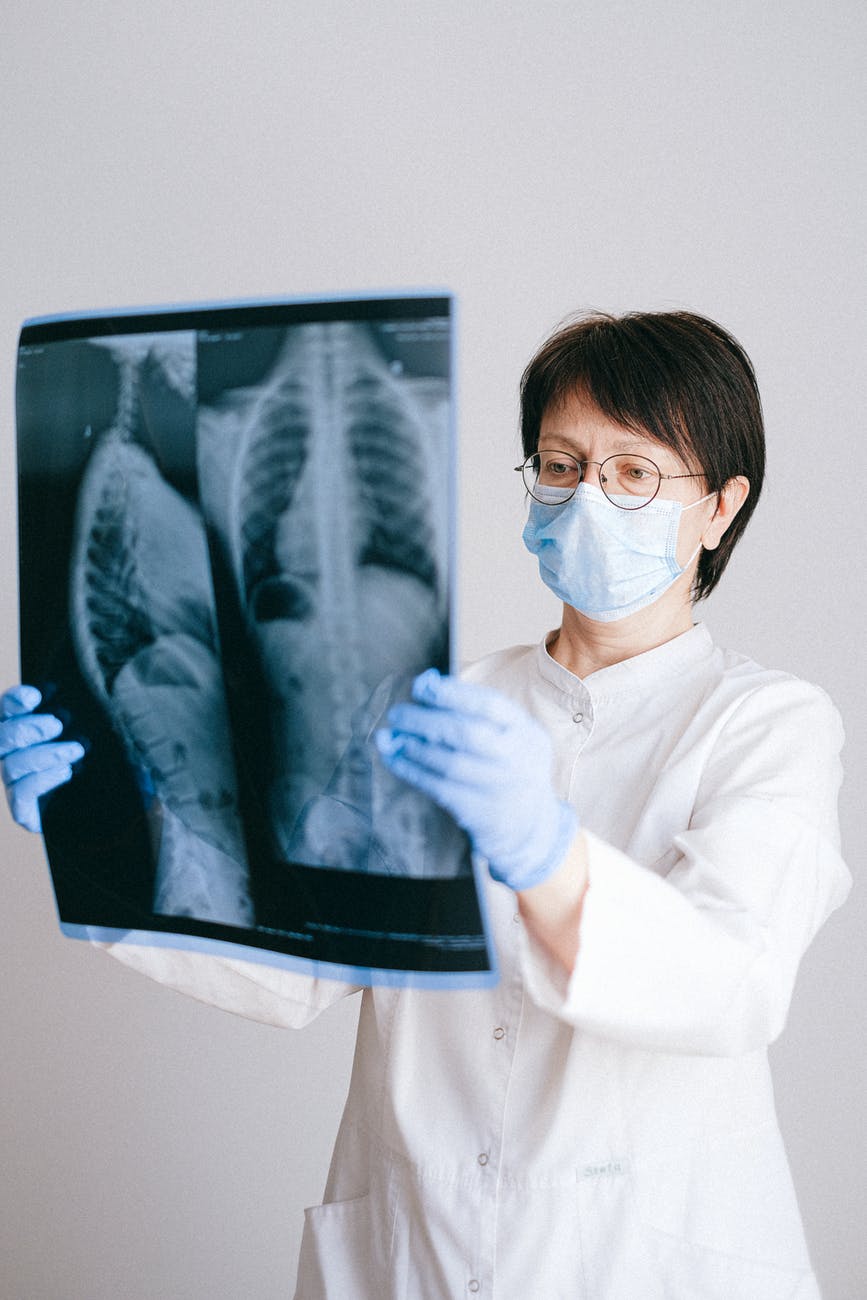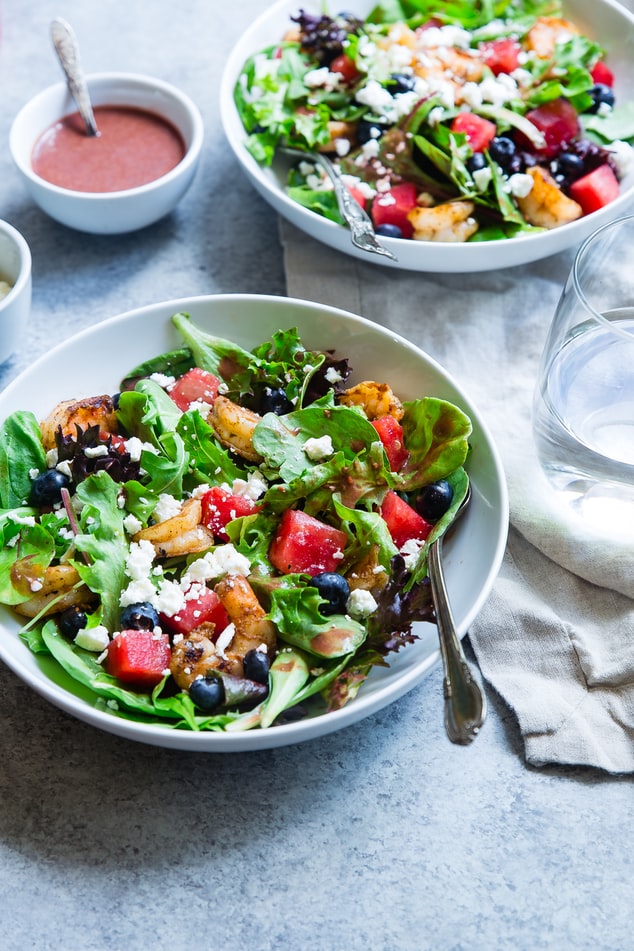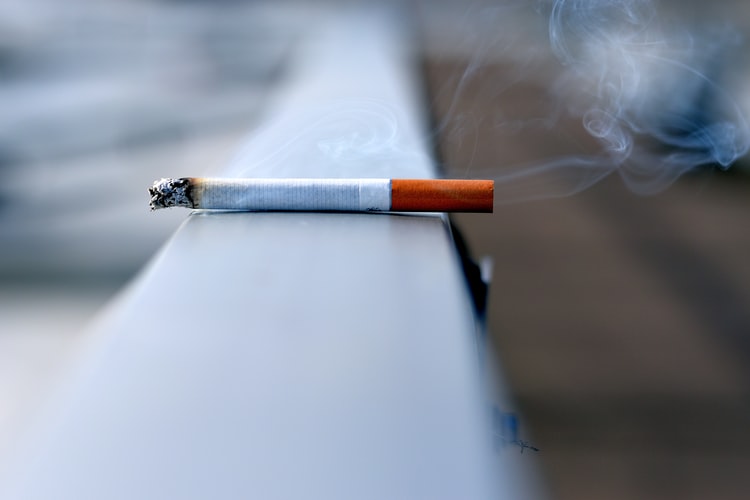How to cut your cancer risk, according to a medical expert

Six changes you can make to help reduce your odds of getting the disease.
Cancer cases are on the rise in Singapore and our lifestyle choices may be to blame. Here are six changes you can make to help reduce your odds of getting the disease.

Screening is one of the most important bulwarks against cancer. If detected in its initial stages, you’ll be able to receive treatment early, which will increase your chances of survival. “For instance, women should undertake screening for breast cancer regularly,” shares Dr Khoo Kei Siong, deputy medical director at Parkway Cancer Centre.
“This starts with regular breast self-examinations and annual mammograms from the age of 40. Pap smears for cervical cancer are also recommended for women between the ages of 25 and 69 who have had sex.”
You should also screen for colorectal cancer, the most common cancer in Singapore. “The average person should take a stool blood test (Faecal Immunochemical Test or FIT) from the age of 50, a flexible sigmoidoscopy every five years and a colonoscopy every 10 years. More regular screenings are advised for women at higher risk, such as those who smoke or have a family history of colorectal cancer,” shares Dr Khoo.
Besides regular screenings, you should also get vaccinated against cancers that are linked to viral infections, such as cervical and other genital cancers caused by the human papillomavirus (HPV), Dr Khoo adds. Your doctor will be able to recommend the types of screening tests and vaccinations, based on your health, family history and national guidelines.

Maintaining a healthy diet can substantially reduce your risk of cancer. “Cut down on your intake of meats and processed foods. Red meat, animal fat and processed meats like ham, bacon and sausages have been linked to bowel and colorectal cancers.
In fact, studies have suggested that reducing your intake of processed meat can lower your risk of bowel cancer by as much as 10 per cent,” notes Dr Khoo.
“Instead, opt for more plant based foods to strengthen your immune system. Studies have shown that fruits and vegetables, such as garlic, grapes, blueberries, broccoli and cauliflower can repair damaged cells and help prevent cancer,” he adds.

Maintaining a healthy weight can also vastly lower your risk of breast, colorectal, rectal and oesophageal cancers. However, the 2010 National Health Survey showed that only 19 per cent of adults aged 18 to 69 years old engaged in moderate to high intensity exercise regularly.
“According to World Health Organisation guidelines, Asians with a Body Mass Index (BMI) of 23 and above are at a higher risk of cancer. A BMI in the healthy range of between 18.5 and 23 can help reduce your risk of chronic diseases,” notes Dr Khoo.
To keep your weight down, try to be as physically active as possible. “Limit sedentary habits, such as watching TV or playing computer games,” recommends Dr Khoo. Other ways to keep active include taking the stairs and walking to your destination whenever possible.
“As for exercise, you should engage in moderate physical activity like brisk walking thrice a week for 30 minutes. When your fitness level improves, increase your activity to 60 minutes a day or engage in more vigorous physical exercises like jogging,” Dr Khoo continues. Of course, your exercise regimen should be complemented by a healthy diet.

For some of us, drinking for pleasure has become a veritable part of our lifestyle. The bad news is, alcohol consumption has been identified as a major risk factor for several types of cancer, such as mouth, oesophageal, kidney, colon, breast and liver cancers.
This is due to the fact that alcohol impairs the body’s ability to absorb certain nutrients – such as vitamins A, B, C, D and E, folate and carotenoids – that protect against cancer. It also increases the oestrogen level in your body, which is linked to breast cancer.
And the more alcohol you imbibe, the higher your cancer risk. However, you don’t need to write off alcohol completely. Dr Khoo advises drinking in moderation and limiting it to one serving a day. Some beverages also contain more alcohol than others, so opt for low-alcohol-content drinks like prosecco whenever possible.

According to findings from the National Health Surveillance Survey 2013, 13.3 per cent of Singaporeans smoke – that’s almost one in seven people. Smoking has many detrimental effects and can give rise to cancers of the lung, liver, pharynx, oesophagus and stomach.
“Lung cancer is one of the leading causes of cancer deaths in Singapore. A majority of lung cancer patients are smokers; in fact, less than 10 per cent of cases occur among non-smokers. Not smoking – or giving it up – is one of the most effective ways of preventing lung cancer,” shares Dr Khoo.
Quitting smoking cold turkey is one way to stop the habit. But if that’s too extreme, start by reducing the number of cigarettes you smoke daily. Use nicotine replacement therapies like nicotine patches and gum, or seek cognitive behaviour therapy.

While tanned and glowing skin is often seen as desirable, ultraviolet (UV) radiation from the sun is responsible for skin ageing, causing our skin to wrinkle and lose its elasticity. It is also the number one cause of skin cancer.
“Skin cancers usually develop on parts of the body that are exposed to the sun, such as the face, hands, forearms and ears. As such, try to avoid exercising outdoors between 10am and 4pm, when the sun’s rays are the strongest. If you have to, be sure to cover up with a cap and protective clothing. And don’t forget to use a strong sunscreen,” advises Dr Khoo.
Even artificial sources of UV light can be detrimental to your skin, so avoid the use of tanning beds, booths and lamps for health’s sake.
Our expert: Dr Khoo Kei Siong, Deputy Medical Director at Parkway Cancer Centre
We’ve got more healthy living ideas, including how to go organic !
This article was first published in The Finder.